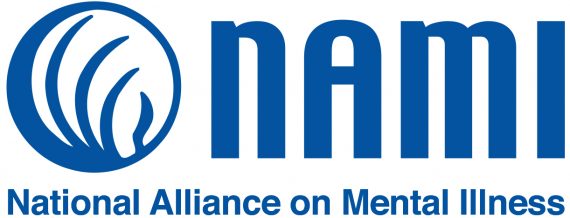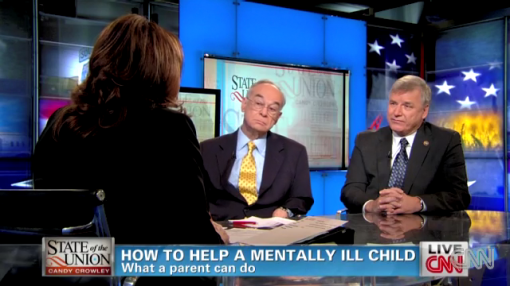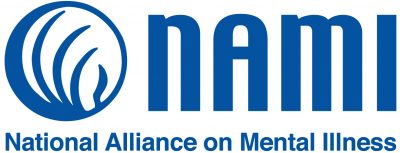
(7-30-18) Sadly, I receive too many of these poignant emails from parents.
Dear Pete Earley,
I’m the mother of a daughter with a mental illness.
Like many, her diagnosis has changed over time. We have heard Schizoaffective disorder, Bipolar disorder, early on schizophrenia, and a wide variety of other possible diagnoses, different illnesses or conditions. After so many years of varied diagnoses, as parents, our focus became less on what the diagnosis was and more on how do we best help our daughter to live and function her best today.
She is now 30. We have worked with varied providers, treatment programs and living situations since her later high school years. Her story is similar to many with recognized difficulties occurring throughout her transition to adulthood. College attempts were difficult – after her previously being a bright and outgoing young person.
During her time in college, we found the National Alliance on Mental Illness for help and support. And, at most times, it has provided both. We have become involved with our local affiliate, as board members, helping to facilitate our local support group (which includes both family and consumers because we are smaller and don’t currently have separate groups) and I have both taken and now help teach Family to Family.
I’m writing because I imagine there are many like us who struggle to find our voice lately in the void between NAMI’s structure, our own daughter’s current status, and a fear that our speaking out might make difficult our hoped for contact with our currently unheard from daughter. We fear speaking out in case she is getting help today or does one day, and would be angry that we spoke out.
I know from teaching our class and attending our support group that we are not alone in this feeling.
You see, she has not contacted us in awhile.








